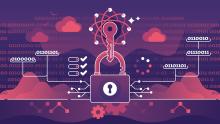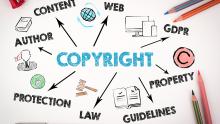How social media can drive conflict in Africa – and why some communities welcome internet shutdowns

Since 2018, conflict in the Tigray region of Ethiopia has resulted in more than 300 000 deaths. Social media companies have been criticised for allowing hate speech to propagate online, potentially fuelling this violence. The EU-funded ConflictNET project, launched to explore the role of social media in conflict in Africa, sheds light on the complex ethics of bringing connectivity to remote communities









